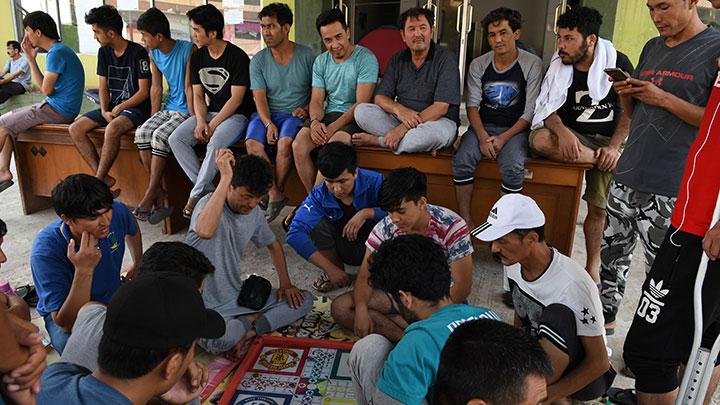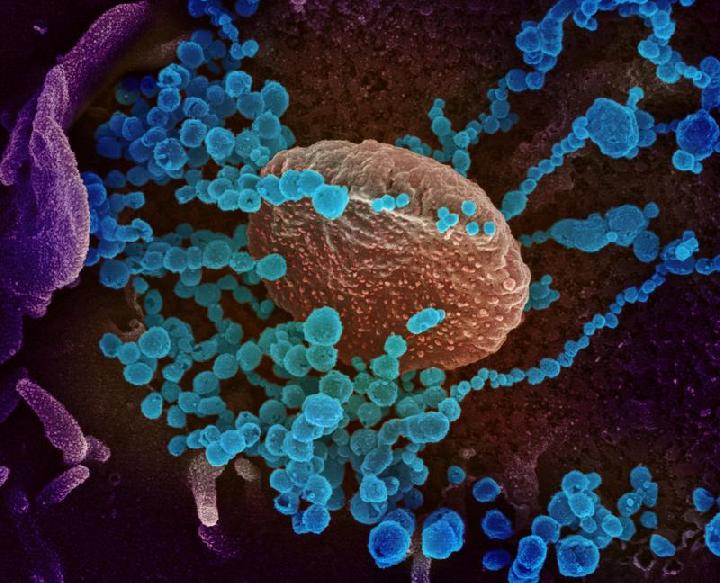
By: Julio Achmadi, a member of SUAKA.
On March 11, 2020, World Health Organization (WHO) declared coronavirus a pandemic. The declaration was announced by Director-General Tedros Adhanom Ghebreyesus, asking all countries to be implementing strategic combination of both containment and mitigation measures. Last pandemic declared by WHO was “swine flu” (H1N1) back in 2009.
Coronavirus has spread around at least 114 countries, infected 118,000 people and killed more than 4,300 people around the globe. Based on the data of WHO as of 8 March 2020, China is the country with the most cases, followed by South Korea, Italy and Iran. The data was based by reported laboratory-confirmed COVID-19 (the disease caused by the virus) cases and deaths. The casualties are continuously increasing and WHO urged every country to partake in stopping this virus.
Based on the data of WHO and Indonesian government official statement, 1,046 people in Indonesia have been confirmed to be infected with Covid-19 with a total of 87 casualties as of March 27, 2020. Elders are suspected to be more vulnerable of the virus.
At least 34 of the 114 countries affected by coronavirus outbreak are hosts to refugee populations, Including Indonesia. Based on UNHCR Indonesia’s statistics in November 2019, Indonesia is a host of 13,693 asylum seekers and refugees (ASR), 28% of which are children and 2% elderly. ASR community in Indonesia is one of the most vulnerable, if not the most, to coronavirus.
Their vulnerability level is much higher due to their handicaps living in Indonesia. There are very limited resources allocated by the government for ASR community in general, there’s no protection of basic rights by the law, and no dissemination from the government on the virus outbreak to the ASR community.
ASR in Indonesia also face a problem in understanding actual situation on coronavirus because of the language barrier, thus violating their right to access to information. With no right to work, ASR communities in Indonesia might not be able to afford nutritional foods and sanitary products to protect them from the infectious disease. As of now, ASR community and Civil Society Organizations (CSOs) have been doing the work in translating information on coronavirus from various source of languages to the ones understandable by refugees.
Government has to be serious in handling current situation in domestic level while not forgetting the special scheme for vulnerable groups such as the elderly, women, people with disability and refugees.
Internationally, rightwing nationalists are blaming refugees (and other forced migrants) as the sources of the virus' spread. Matteo Salvini, the far-right opposition leader in Italy attacked the prime minister for allowing 276 people from Africa to enter the country and accusing him for not being able to "defend Italy and Italians."
This accusation was of course a xenophobic and racist act at its best with no scientific researches to back up the claim which was detrimental for refugees around the world.
In France, Marine Le Pen has used her platform in voicing out her opinion against Schengen zone (a zone that allows free movement of people among European member states). The sentiment in suspending open border policy are somehow supported by other far-right parties in Germany and Spain.
Fortunately, Indonesians have yet to raise this issue. However, with the rise of conservatism around the globe, it has to be understood that refugees are prone to be the scapegoats by populist nationalists. The government, UNHCR, CSOs and ASR communities have to start preparing the mitigations should the discourse emerges in the future.
There are two types of solution that can be offered, short and long term. For the short term solutions, Ministry of Social Affairs and UNHCR Indonesia have to collaborate in documenting refugees as vulnerable groups in Indonesia, thus providing them access to services for vulnerable people. For instance, including ASR into the rapid test scheme. Ministry of Health, UNHCR Indonesia and CSOs have to create a prevention mechanisms specifically tailored for ASR community in response to the coronavirus spread. This mechanism should take into account their current living condition, assessment on their health situation and culture that might affect the contraction process of the disease (food sharing, occasional social gathering, etc.). Creating access to information and health service providers are imperative for the protection of ASR community. The coronavirus situation has to be the momentum to prove government’s commitment as a part of international community in protecting vulnerable people.
In the longer term, Indonesia has to obey their responsibility in protecting the basic rights of ASR as stipulated under Law 11/2005 on Ratification of ICESCR, Law 12/2005 on Ratification of ICCPR and other international refugee laws. As of now, the only regulation in Indonesia to specifically address refugee is Presidential Regulation 125/2016 on the Treatment of Refugees which does not provide protection of refugee’s basic human rights. The absence of basic human rights for refugees is extremely harmful for their well-being while living in Indonesia as most of refugees are recorded to have psychological and health problems due to their background in escaping persecutions. Furthermore, UNHCR Indonesia should collaborate with private insurance company to establish insurance scheme for refugees and asylum seekers in Indonesia.
*)
DISCLAIMER
Articles published in the “Your Views & Stories” section of en.tempo.co website are personal opinions written by third parties, and cannot be related or attributed to en.tempo.co’s official stance























